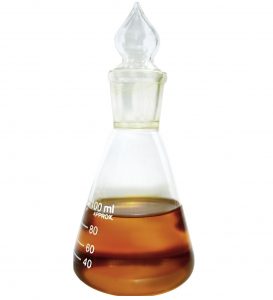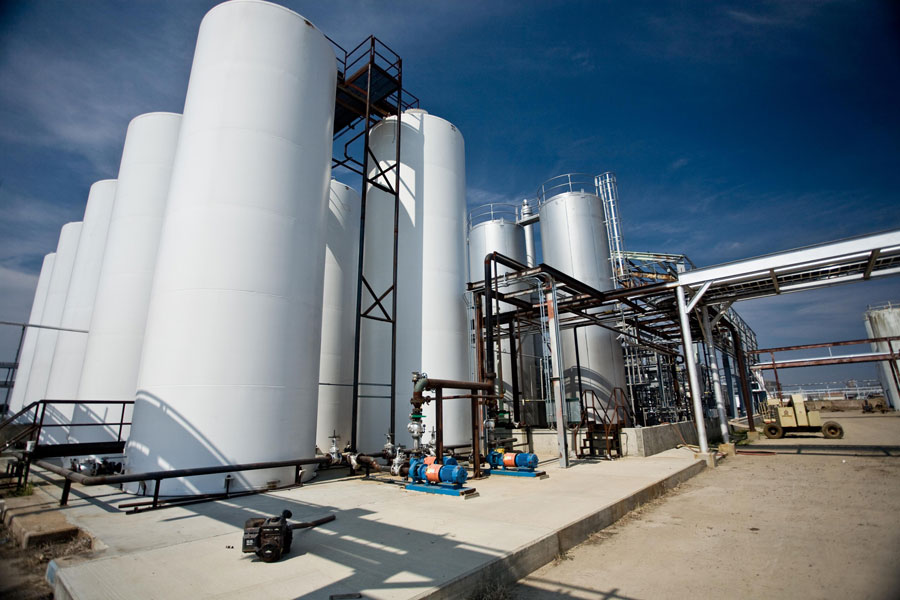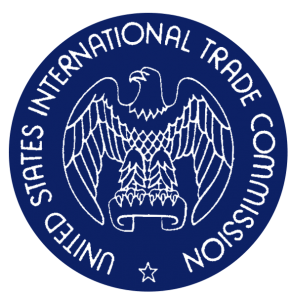T The U.S. International Trade Commission (USITC) determined in December in a unanimous vote that the U.S. biodiesel industry is materially injured by biodiesel imports from Argentina and Indonesia, which the U.S. Department of Commerce previously determined are subsidized.
As a result of the USITC’s affirmative determinations, the commerce department will issue countervailing duty orders on imports of biodiesel from Argentina and Indonesia.
Donnell Rehagen, chief executive of the National Biodiesel Board
“This unanimous vote is important progress to addressing the harm by this unfair trade on biodiesel,’’ said Donnell Rehagen, chief executive of the National Biodiesel Board (NBB). “U.S. energy policy sought to create a level playing field for domestic and imported biodiesel, but foreign government subsidies have made it nearly impossible for U.S. producers to compete. We are gratified that countervailing duty orders will contribute to leveling the playing field such that the domestic industry has the opportunity to produce at the levels it knows it can.’’
The NBB Fair Trade Coalition petitioned the U.S. government early in 2017, initiating simultaneous anti-dumping and anti-subsidy cases against Argentina and Indonesia.
Enjoying our insights?
Subscribe to our newsletter to keep up with the latest industry trends and developments.
Stay Informed
Biodiesel sample (By Shizhao拍摄)
In November, the commerce department ruled in favor of the U.S. biodiesel industry in a preliminary anti-dumping determination, finding that biodiesel imports from Argentina and Indonesia are sold into the U.S. below fair value.
As a result of these decisions, importers of Argentinian and Indonesian biodiesel will be required to pay two sets of cash deposits on biodiesel imported from those countries.
“Today’s disappointing decision from the USITC now obviates the need for a biodiesel producers tax credit,’’ said Michael McAdams, president of the Advanced Biofuels Association (ABFA). “The biodiesel and renewable diesel industry can now align in support of extending the existing biodiesel blenders credit.’’
The biodiesel tax credit expired Dec. 31, 2016. The NBB has been pushing to reform the credit as a domestic producers credit versus a blenders credit while ABFA has been arguing to keep the incentive as a blenders credit.
The USITC’s public report will contain the views of the commission and information developed during the trade investigations. It will be available by Jan. 11.






















